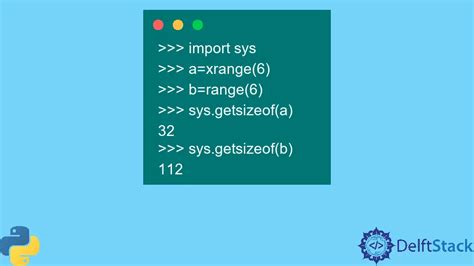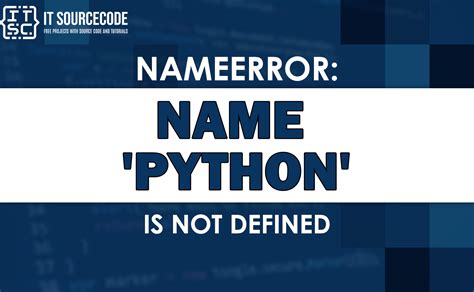Understanding the Error: NameError Python Not Defined

The NameError: name 'variable' is not defined error in Python occurs when you attempt to use a variable or a function that has not been previously defined. This error is a common issue that many Python developers encounter, especially when they are starting out. It’s essential to understand how Python handles variables and functions to avoid this error.
Causes of NameError
- Undeclared Variables: If you use a variable without assigning it a value first, Python will raise a
NameError. - Typographical Errors: A simple typo in the variable name can lead to this error if Python does not recognize the variable.
- Scope Issues: Variables defined inside a function or a class are local to that scope and may not be accessible outside of it, leading to a
NameErrorif you try to use them outside their scope. - Modules and Functions: If you forget to import a module or define a function before using it, you will encounter a
NameError.
Fixing NameError
To fix the NameError, you need to ensure that the variable or function you are trying to use is properly defined and accessible in the scope where you are using it.
1. Declare Variables Before Use
Always assign a value to a variable before using it.
# Correct
my_variable = "Hello, World!"
print(my_variable)
# Incorrect
print(my_variable)
my_variable = "Hello, World!"
2. Check for Typographical Errors
Make sure the variable names are spelled correctly and consistently throughout your code.
# Correct
my_variable = "Hello"
print(my_variable)
# Incorrect due to typo
my_variable = "Hello"
print(my_varible)
3. Understand Variable Scope
Variables defined inside a function are local to that function and must be returned or made global (though using global variables is generally discouraged) to be accessed outside.
# Correct
def my_function():
my_variable = "Hello"
return my_variable
print(my_function())
# Incorrect
def my_function():
my_variable = "Hello"
print(my_variable)
4. Import Modules and Define Functions
Ensure that you import modules and define functions before using them.
# Correct
import math
print(math.pi)
# Incorrect
print(math.pi)
import math
Best Practices to Avoid NameError
- Use an IDE: Integrated Development Environments (IDEs) like PyCharm, VSCode, etc., can help catch
NameErrorand other syntax errors before you even run your code. - Code Reviews: Regular code reviews can help identify and fix potential issues, including
NameError, early in the development process. - Test Your Code: Writing unit tests and integration tests can help ensure that your code works as expected and can catch
NameErrorand other issues. - Use Type Hints and Linters: Type hints can make your code more readable and self-documenting, while linters can help enforce coding standards and catch potential errors, including
NameError.
Example Use Case
Consider a simple calculator program that takes two numbers and an operation as input. If you forget to define one of the functions for the operations, you will encounter a NameError.
def add(x, y):
return x + y
def subtract(x, y):
return x - y
# If multiply function is not defined and you try to use it
# def multiply(x, y):
# return x * y
operation = "multiply"
if operation == "add":
print(add(5, 3))
elif operation == "subtract":
print(subtract(5, 3))
elif operation == "multiply":
print(multiply(5, 3)) # This will raise a NameError
To fix this, you simply need to define the multiply function or ensure it’s correctly imported if it’s defined in another module.
def multiply(x, y):
return x * y
FAQ Section
What is the most common cause of NameError in Python?
+The most common cause of NameError is attempting to use a variable before it has been assigned a value.
How can I avoid NameError in my Python code?
+To avoid NameError, ensure that all variables are defined before they are used, check for typographical errors, understand the scope of your variables, and import all necessary modules and functions.
What tools can help in preventing NameError?
+IDEs, linters, and code review processes can significantly help in preventing NameError by identifying potential issues early in the development process.
By following these guidelines and best practices, you can minimize the occurrence of NameError in your Python code and ensure your programs run smoothly and as intended.
